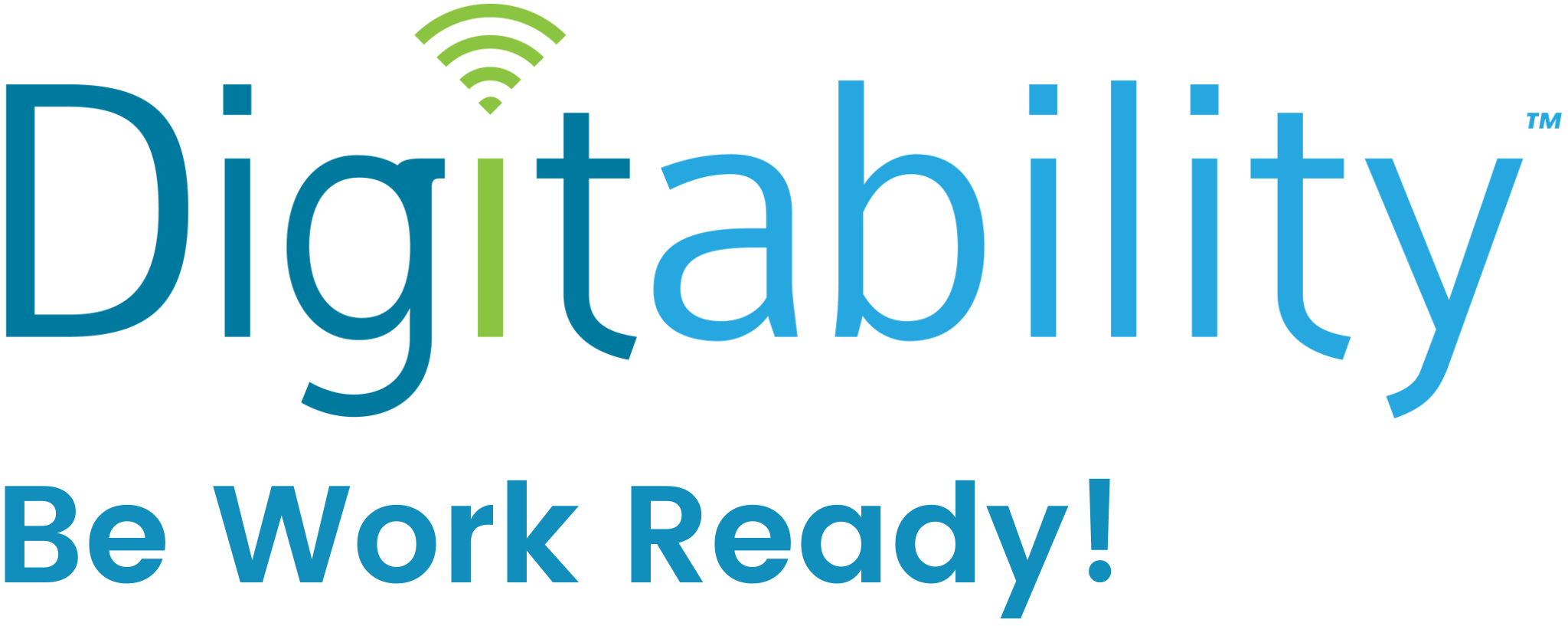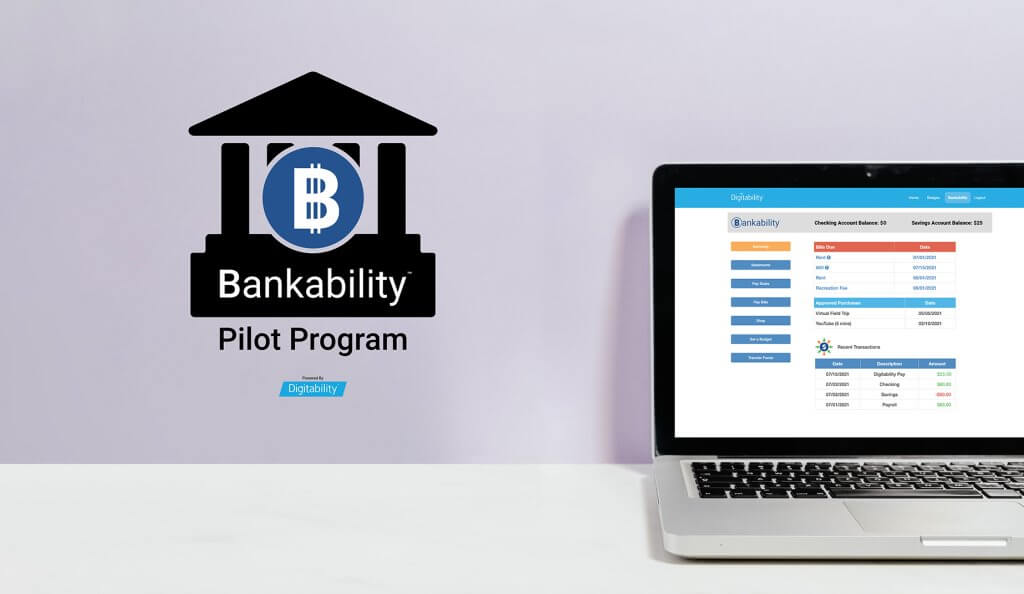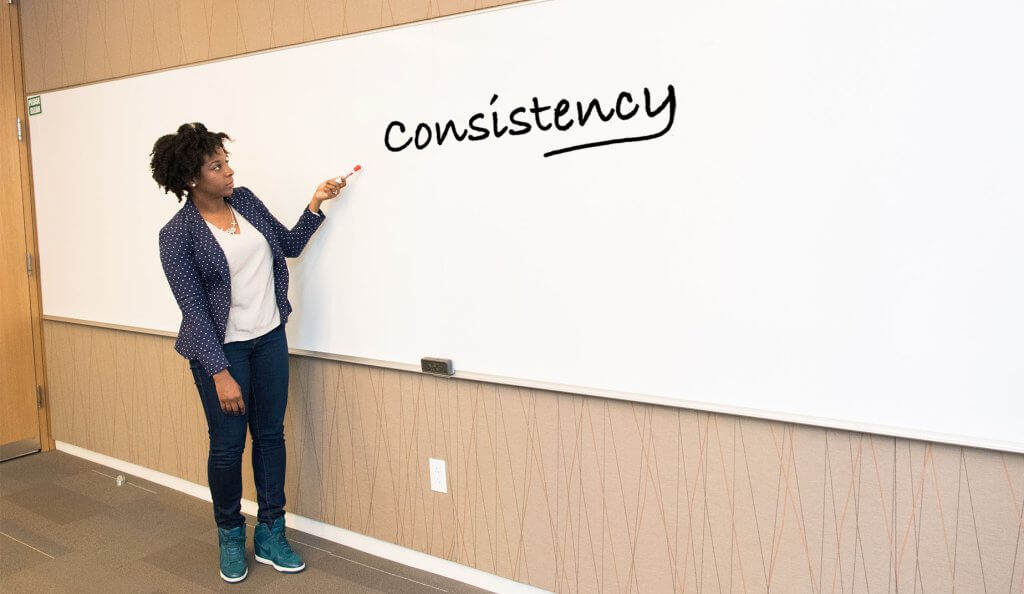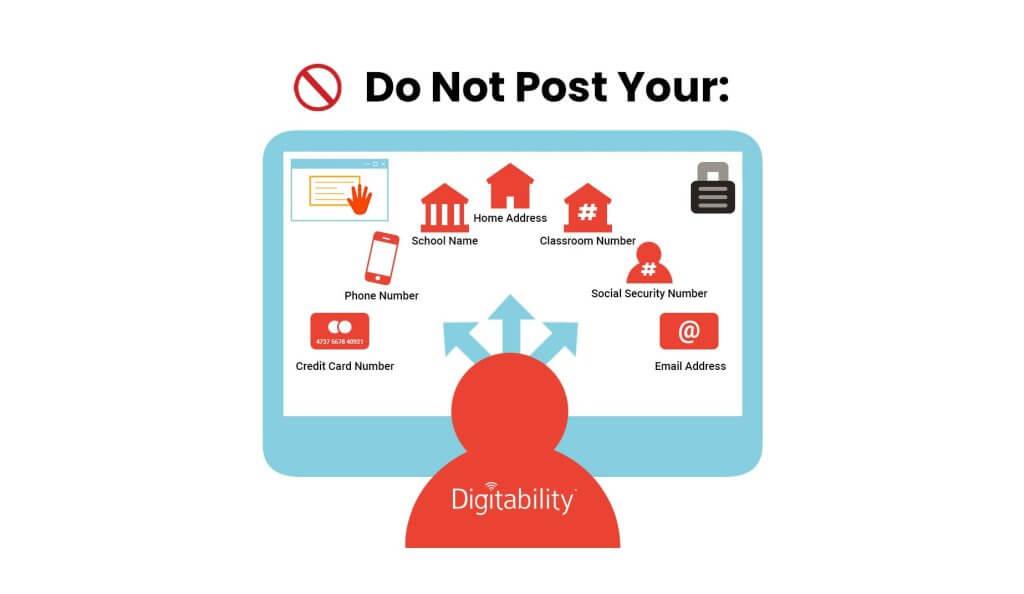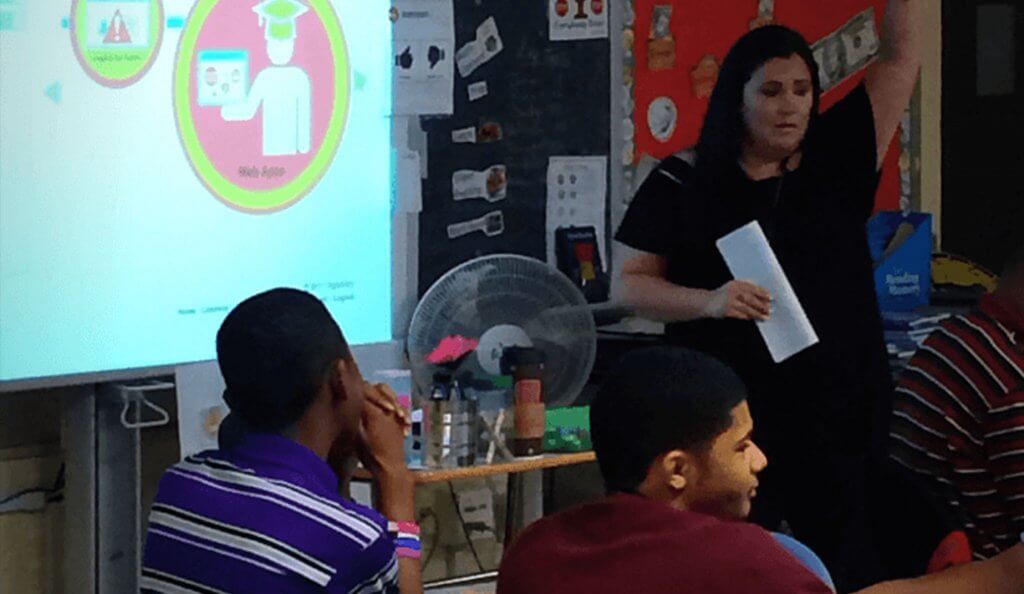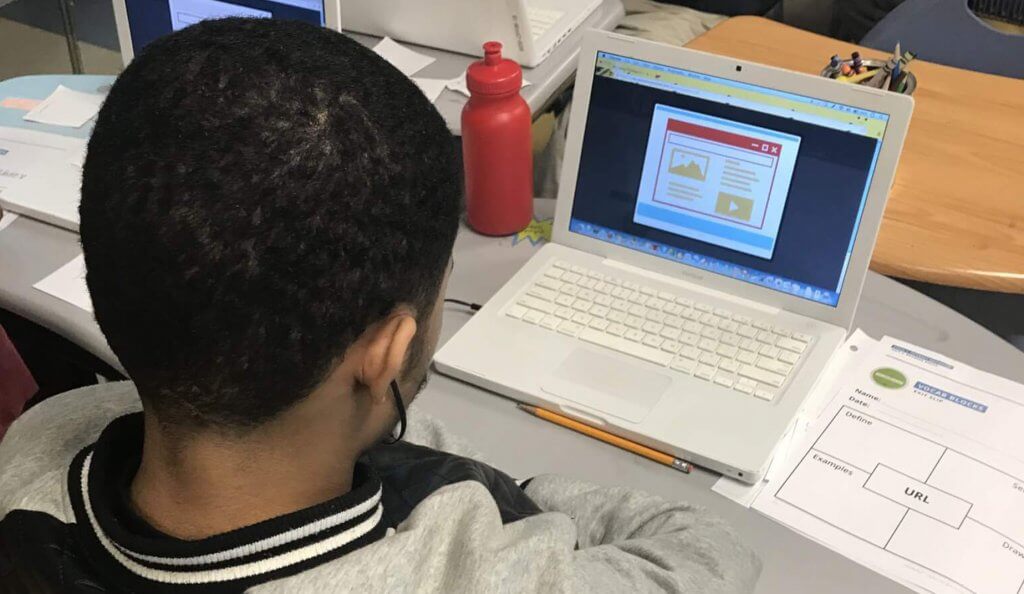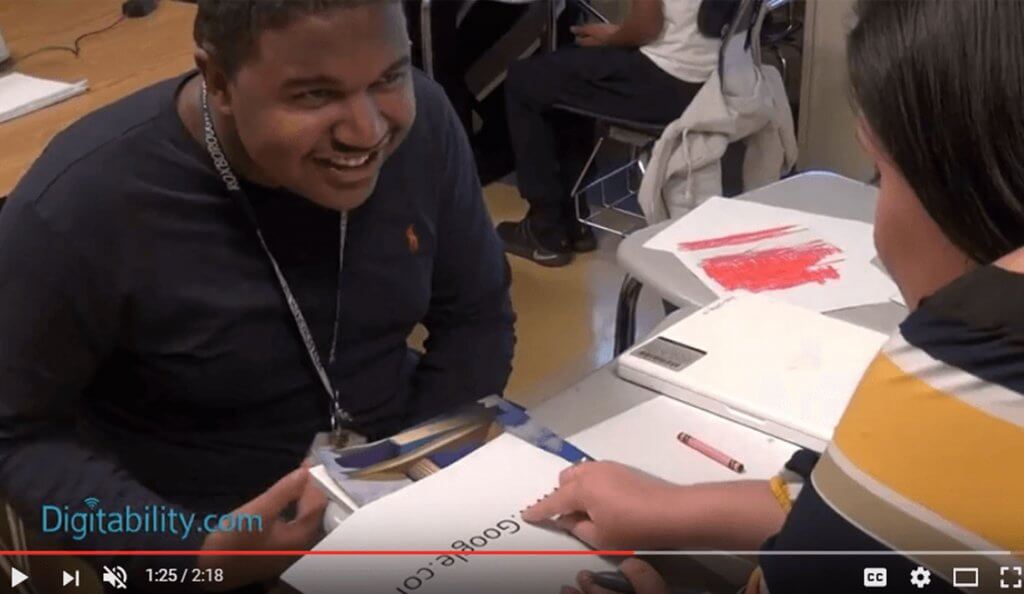Posts Tagged ‘social skills’
50% off EXCLUSIVE Banking and Behavior Offer!
Exclusive Pilot Program for Your School! Claim your spot for 50% off today! Exclusive Pilot Program for Your School! Claim your spot for 50% off today! Bring a Virtual Banking and Positive Behavior Support System to Your School Digitability is announcing a special pilot opportunity for schools to implement our new award-winning Virtual Banking and…
Read MoreHow Does Digitability Keep Absent Students Engaged?
How Does Digitability Keep Absent Students Engaged? Written by Courtney DeYoung, Registered Behavior Technician and Applied Behavior Analyst at Manhattan Children’s Center. In the last few years, there have been many changes that happen, quite literally, overnight, such as quarantining, classrooms being shut down, guidelines and restrictions changing and even the revolving door of substitute…
Read MoreIcebreakers to Get Back Into School
Icebreakers to Get Back Into School Back to School Written by Courtney DeYoung, Registered Behavior Technician and Applied Behavior Analyst at Manhattan Children’s Center. When I was younger, I used to love the first day back to school following a nice, long break. I was able to tell my teachers of all the fun things…
Read MoreHow is Digitability Teaching Workplace Behavior Skills?
How is Digitability Teaching Workplace Behavior Skills? Workplace Behavior Starts in The Classroom Written by Courtney DeYoung, Registered Behavior Technician and Applied Behavior Analyst at Manhattan Children’s Center. Social Skills When it comes to social interactions sometimes I feel on top of the world like a “social butterfly,” but other times I replay every single…
Read MoreAre Your Students Making ‘Friends’ Online?
Teaching Online Safety Written by Courtney DeYoung, Registered Behavior Technician and Applied Behavior Analyst at Manhattan Children’s Center. How Can We Prepare Students for the Dangers of Online Sharing? What’s your name? What’s your address? What’s your mom’s name? Where do you live? These are all questions that we as educators are constantly asking our…
Read MoreSelf-Advocacy
“Speak up so I can hear you!” How to help students communicate their needs. Communication: In order to empower our students, we need to teach them how to advocate for themselves. For example, if a student is going to be late, they need to email you and let you know. Or if the student is…
Read MoreIncreasing Assistance
“Is the Word You’re Thinking About Called Prom…” How to use prompting to increase the probability that a desired behavior will occur. In this example, the teacher’s practice of increasing assistance comes from a wider understanding of prompting, which she uses throughout the lesson in order to guide students to a correct answer. Prompting: is…
Read MoreDifferentiation
“One size doesn’t fit all!” How to use differentiation in your instruction Differentiation is tough, but an integral part of teaching. Differentiation is made up of the adaptations that educators use to instruct a diverse group of students with diverse learning needs in the same environment. The teacher in this video uses differentiation to modify…
Read MoreIncreasing Attendance to a Task
“It looks like you are listening!” Helping students increase their attendance to a task Increasing attendance is the effort to make the rate rise with participation and engagement within a classroom setting. The increase in attendance can be managed by using different techniques of teaching that seem to work the best in your students work…
Read MoreProbing Questions
“Why do you think it’s important to know how to use email in a work setting?” Using Probing Questions During Informal Assessment Probing Questions are often open questions created to elicit anecdotal experiences from participants or assess their comprehension of newly delivered content. Probing questions could be questions for clarification, debatable questions, and the list…
Read More